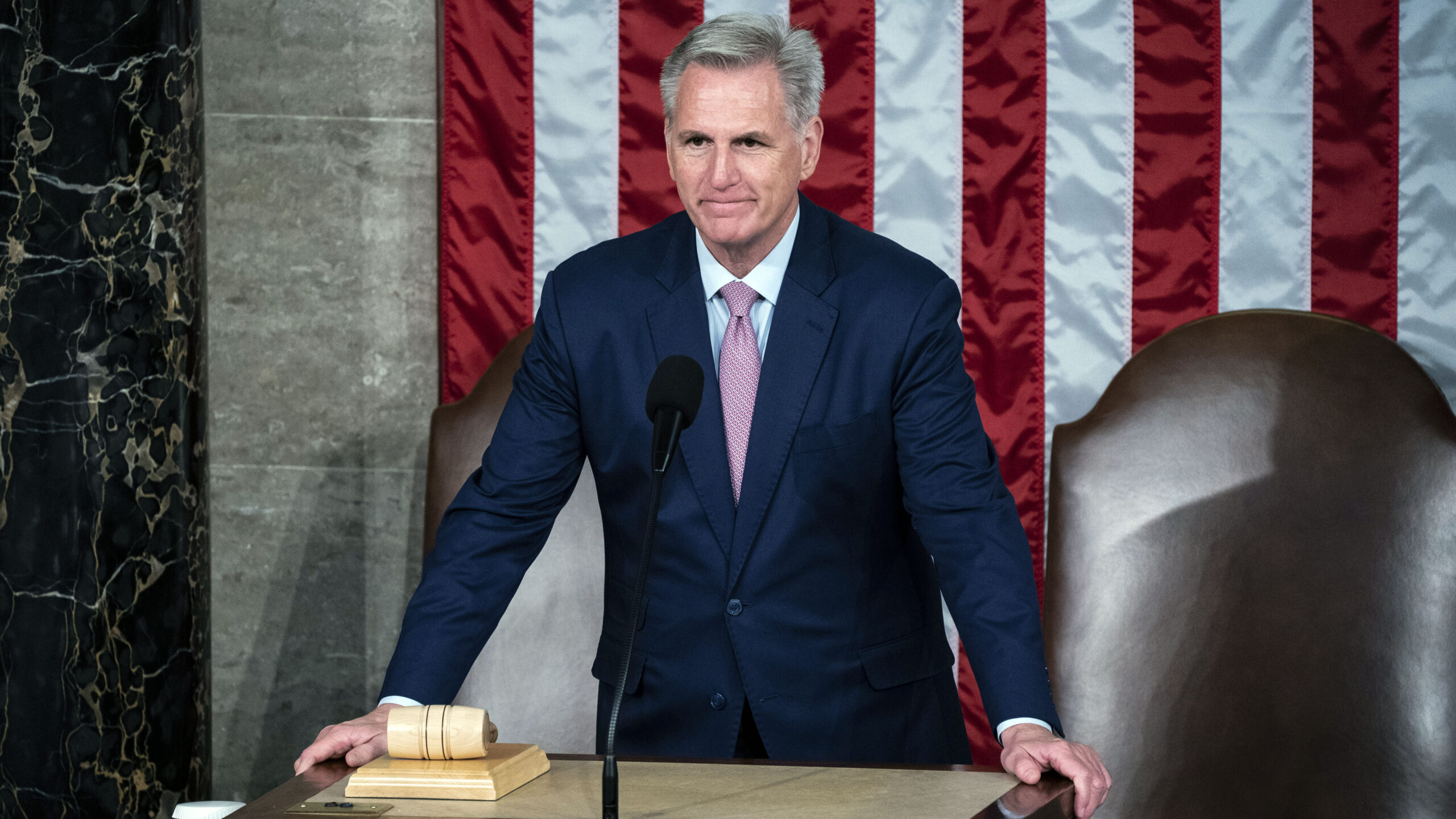Netanyahu Defies Biden, Opposition Protests; Passes First Judicial Reform

Israel’s Knesset passed Monday the first of a series of judicial reforms proposed to the government by Benjamin Netanyahu, despite protests from the White House and the White House’s pressure.
The new law prohibits courts from using “reasonableness”, as they define it, to block government policies. The “reasonableness doctrine” was a long-held belief by critics that allowed judicial leftists to abuse their power and that they did so more against conservative governments in Israel.
Netanyahu attended the voting on Monday, after he was released from hospital, where he received a pacemaker at the weekend.
Around the country, hundreds of thousands of demonstrators — both in favor and against reform — took part. Water cannons were used by the police to dissuade some protesters who tried to block the entrance of the Knesset.
|
Joe Biden of the United States, whose administration has publicly opposed Israel’s internal changes, warned Netanyahu at the last minute not to go ahead. (Biden’s administration considered “packing” Supreme Court.
It is not clear what will happen to the remaining reforms. After protests in spring, Netanyahu paused his reform package to allow time for negotiations with the opposition. But the talks fell apart. He decided to continue the reforms in a piecemeal manner.
Israel’s judiciary started accumulating extraordinary powers in 1990.
The last-ditch attempts by the largest labor union in the country and ceremonial president Isaac Herzog to offer compromises failed Monday. Netanyahu kept his coalition together with a vote that was strictly party-line.
The opposition boycotted the vote and the result was that 64 votes were cast in favor of the bill, while 0 against.
CNN incorrectly stated that the new reform would prevent the courts from reviewing any government policy.









No Comments